On dragons, daydreams, and the very real magic of make-believe
There’s a particular gleam in a child’s eyes when they explain the rules of their imaginary world—that unselfconscious moment when a stick becomes a wizard’s staff, a backyard transforms into an elven kingdom, and the ordinary cracks open to reveal infinite possibilities. At Stuff & Junk, we don’t just tolerate these flights of fancy; we build entire programs around them. Here’s why:
Fantasy as a First Language
Long before children grasp abstract concepts like justice or courage, they understand them instinctively through stories. When we role-play as knights protecting a village (built from picnic tables and bedsheets), kids don’t just hear about ethics—they feel the weight of choices. That time we turned a fishing trip into a “dragon egg hunt”? Suddenly, perseverance had stakes.
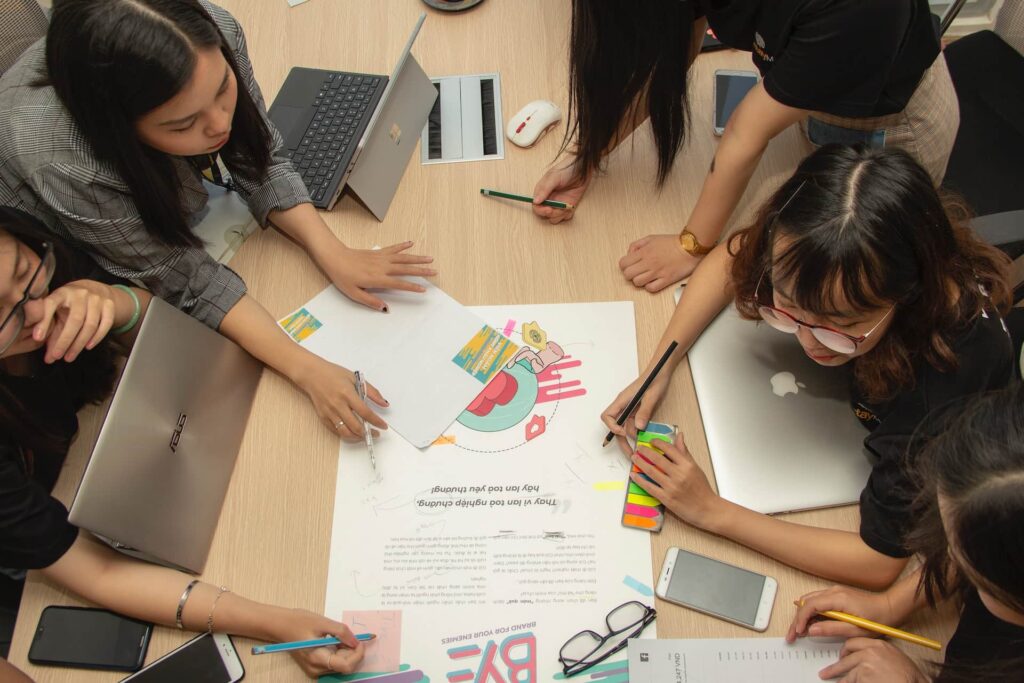
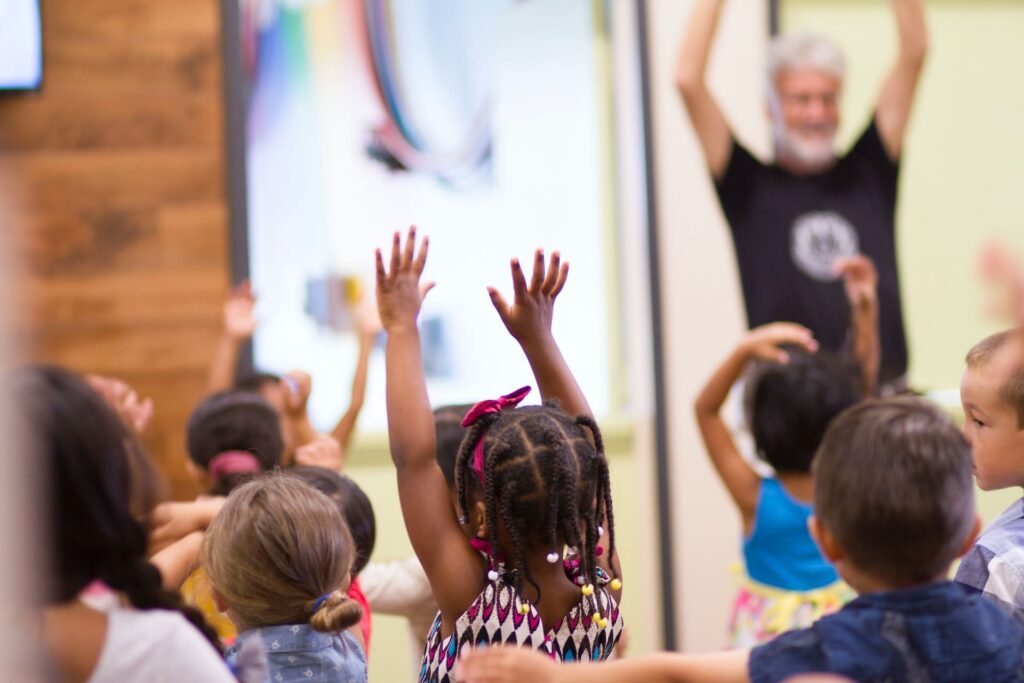

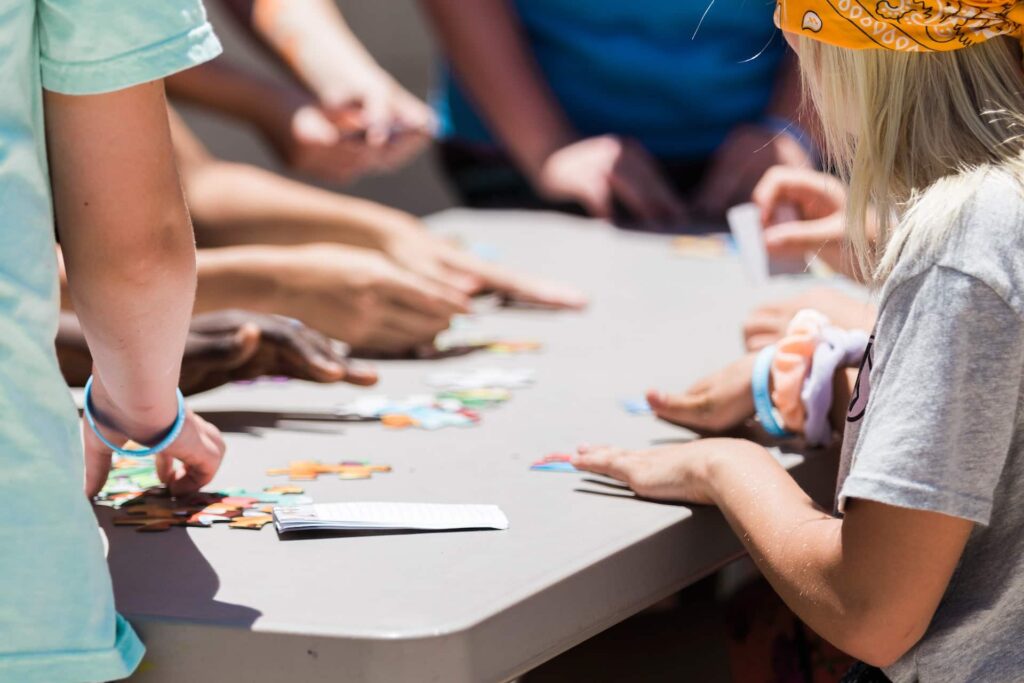
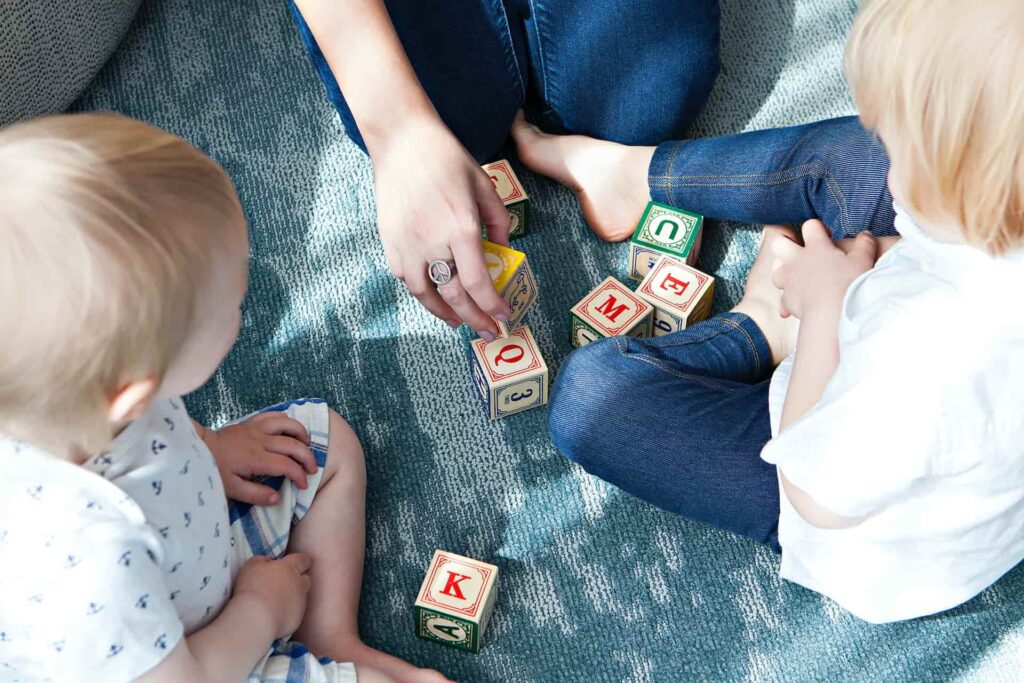
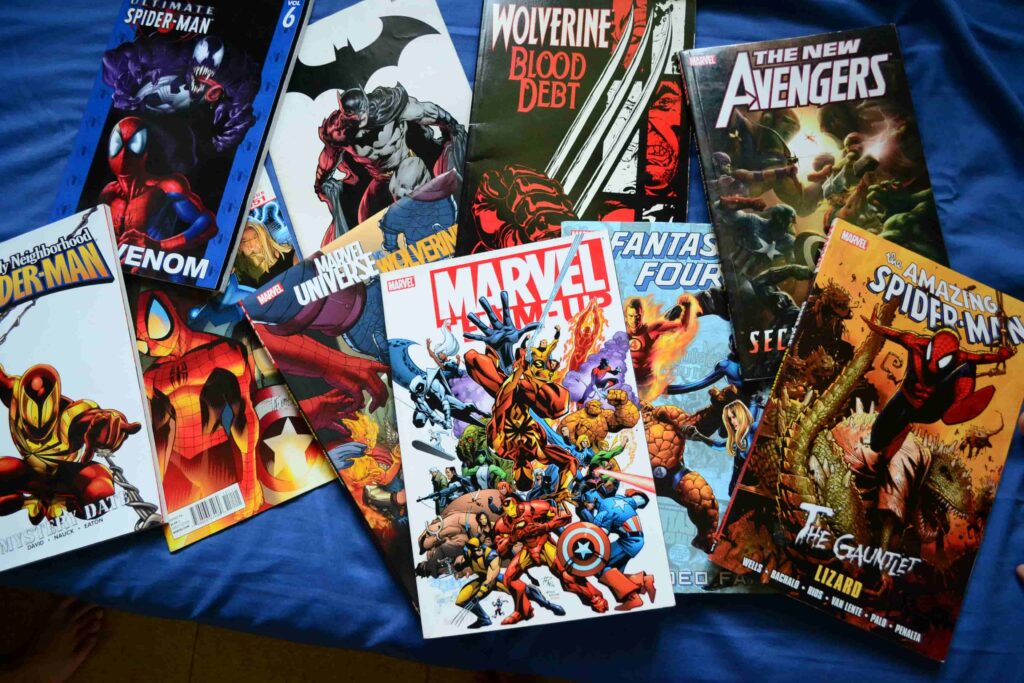
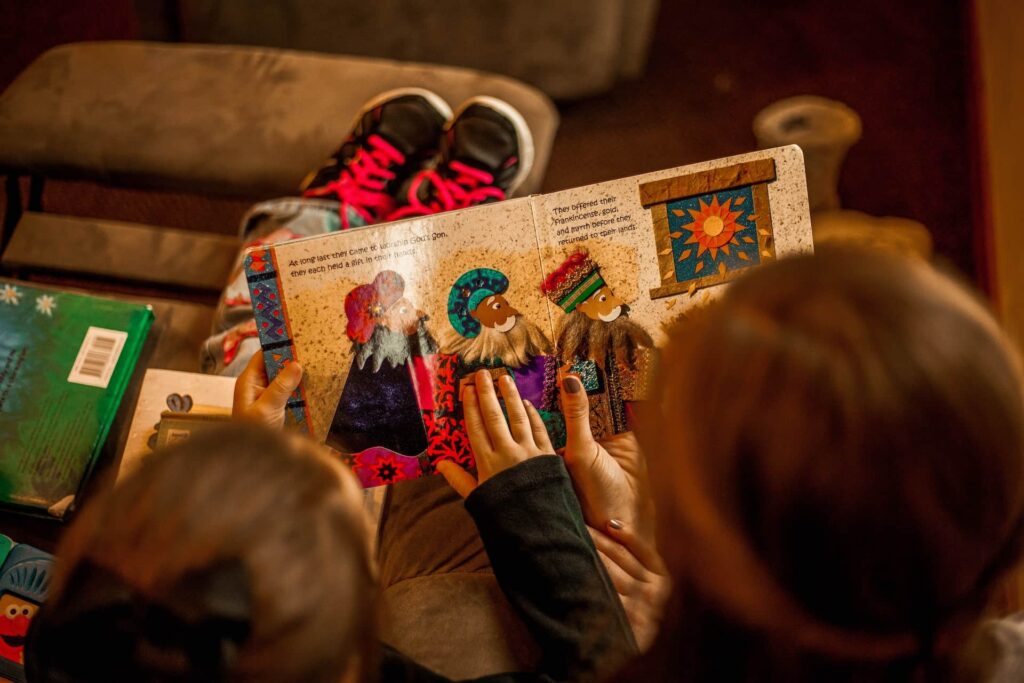
The Scaffolding of Safety
A child who’s too shy to speak up in class will shout warnings about an approaching “troll” (really just our program director in a funny hat). Fantasy provides psychological distance—it’s easier to practice bravery when the danger is fictional, and failures become adventures rather than defeats.
The Physics of Imagination
Our outdoor adventures often incorporate fantasy elements because:
- Building “fairy houses” from twigs teaches engineering principles
- Mapping imaginary continents develops spatial reasoning
- Inventing creature ecologies sparks real-world biology curiosity
(We’ve yet to meet a kid who won’t learn cloud types if you call them “sky dragon scales”)
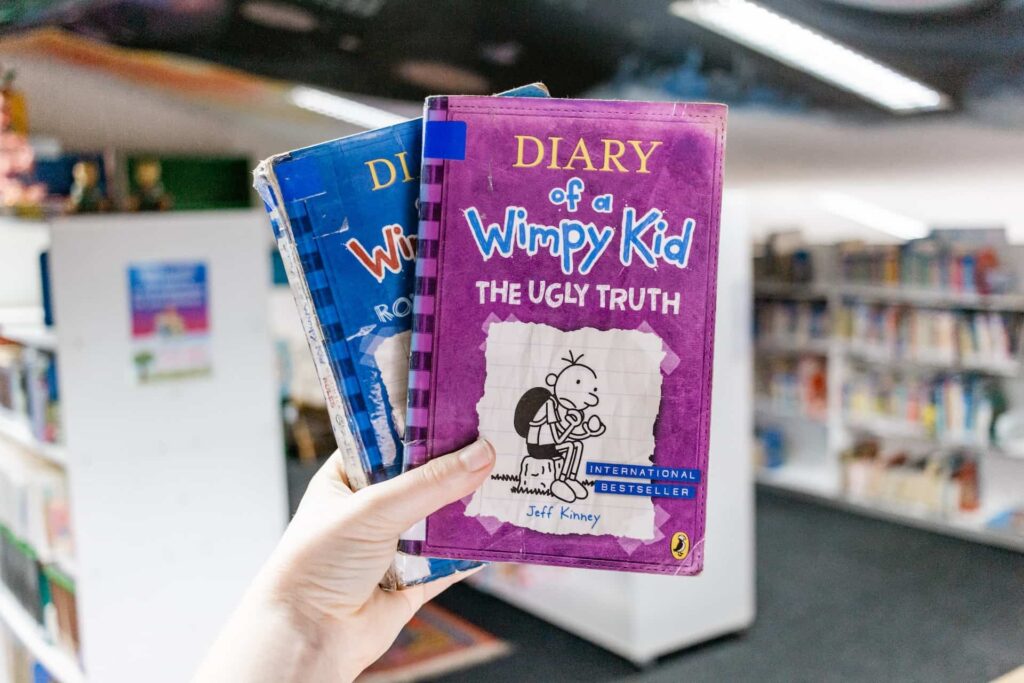
The Democracy of Daydreams
In imagined worlds, the usual hierarchies dissolve. The quiet reader becomes the lore-keeper. The struggling student designs the most elaborate traps for our annual “goblin siege.” These moments of unrecognized brilliance often transfer back to the real world—we’ve watched “quest leader” confidence spill into classroom presentations.
The Gift of Losing Control
Unlike video games with predetermined outcomes, our fantasy play follows children’s lead. When a 9-year-old declares that “moonberries” (blueberries) can cure curses, suddenly everyone’s foraging with new purpose. This collaborative storytelling builds flexible thinking—the same skill needed to adapt when real-life plans go awry.
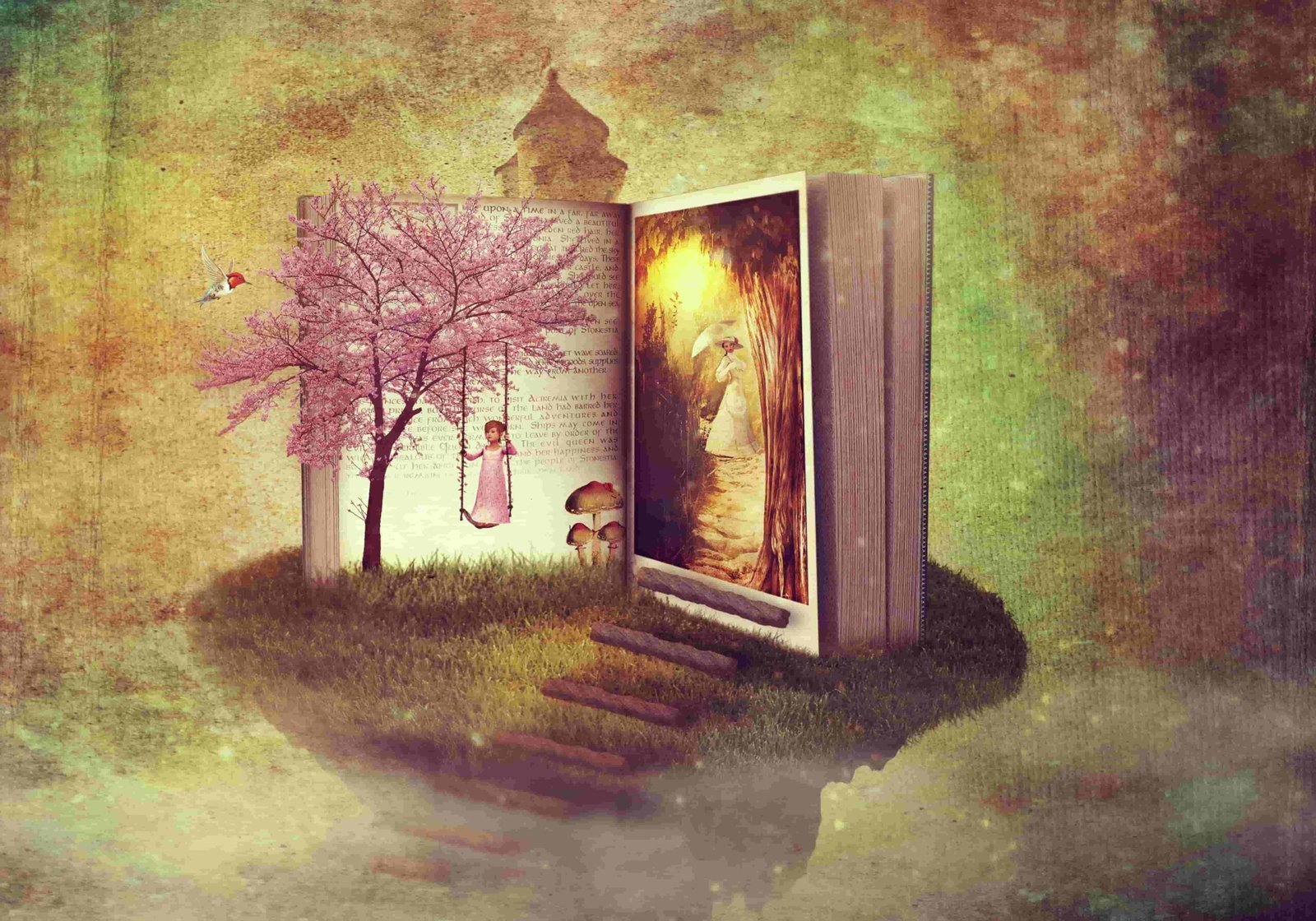
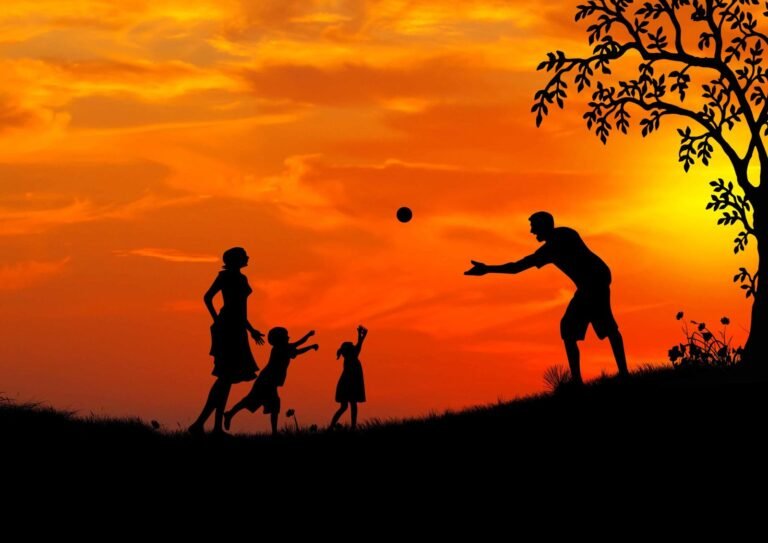





+ There are no comments
Add yours